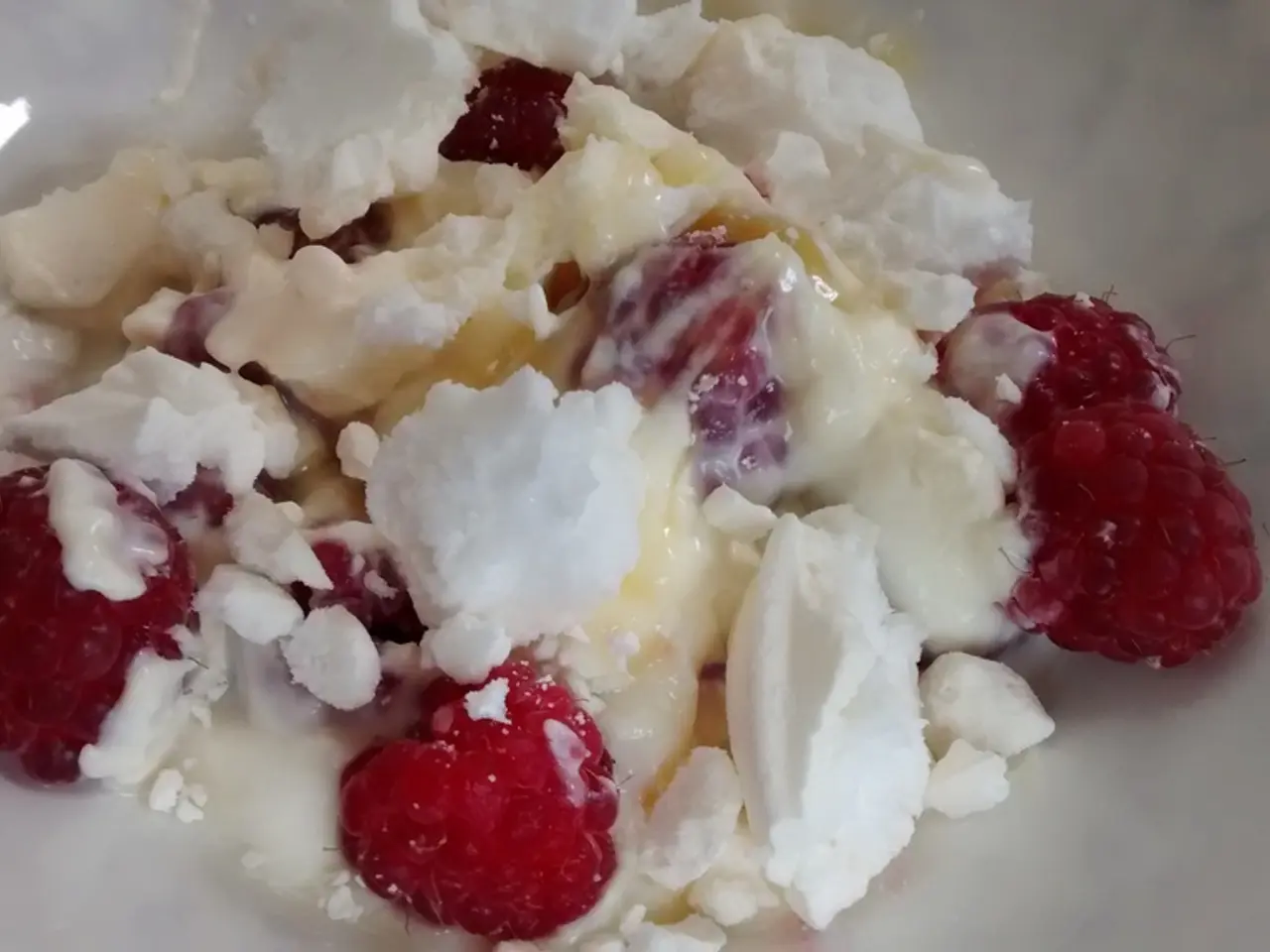Top Picks and Culprits for Relieving and Aggravating Pancreatitis Discomfort
Pancreatitis, an inflammation of the pancreas, can be challenging to manage, but dietary changes can significantly aid in recovery and prevention. Here's a guide to the best and worst food choices for those suffering from pancreatitis.
The best food choices for someone suffering from pancreatitis are low-fat, easily digestible, nutrient-dense foods that reduce strain on the pancreas. Recommended foods include lean proteins (such as skinless poultry, fish, beans, and lentils), whole grains (like brown rice, quinoa, oats), fruits and vegetables rich in antioxidants, probiotics (yogurt, kefir, sauerkraut), and healthy fats in moderation (avocado, olive oil, nuts, seeds, omega-3 rich fish). Small, frequent meals with adequate fiber and vitamins support pancreatic health and healing [1][2][3].
On the other hand, the worst food choices are high-fat and fried foods, processed foods, foods difficult to digest or that irritate the pancreas, and foods that excessively increase pancreatic enzyme production, such as fatty meats, full-fat dairy, fried foods, and alcohol. These can exacerbate inflammation and worsen symptoms. Additionally, reheated certain foods have been cautioned against by health experts for pancreatic health [3][4].
In the recovery from acute pancreatitis, limiting total fat intake to less than 30 grams per day and eliminating saturated fats is advised. Avoiding alcohol and smoking (or quitting) can also aid in the recovery process.
For those with moderately severe or severe chronic pancreatitis, adding 1 to 2 tablespoons of medium-chain triglycerides (MCTs) to the daily diet can be beneficial [1]. Antioxidants from foods like dark, leafy vegetables, red berries, sweet potatoes, grapes, carrots, walnuts, and pomegranates help reduce inflammation [2].
The Mediterranean diet, focusing on vegetables, fruits, whole grains, beans, lentils, and low-fat or nonfat dairy, is a good option for recovering from mild acute pancreatitis [1]. This dietary approach reduces pancreatic workload, controls inflammation, and supports digestive and overall health in pancreatitis [1][2][3][4].
In summary, the best foods for pancreatitis management are lean proteins, whole grains, antioxidant-rich fruits and vegetables, probiotics, healthy fats in moderation, and low-fat or nonfat dairy. The worst foods are high-fat and fried foods, processed foods, full-fat dairy products, alcohol, and certain reheated foods. This dietary approach can significantly aid in the recovery from acute pancreatitis and the management of chronic pancreatitis.
[1] Mayo Clinic. (2021). Pancreatitis diet. https://www.mayoclinic.org/diseases-conditions/pancreatitis/in-depth/diet/art-20048343
[2] National Pancreas Foundation. (2021). Diet and Nutrition. https://www.pancreaticfoundation.org/patients-caregivers/diet-nutrition/
[3] Cleveland Clinic. (2021). Pancreatitis Diet. https://my.clevelandclinic.org/health/diseases/17468-pancreatitis/management-and-treatment/pancreatitis-diet
[4] American Pancreatic Association. (2021). Nutritional Management of Acute Pancreatitis. https://www.pancreasfoundation.org/professionals/clinical-resources/nutritional-management-of-acute-pancreatitis/
- Maintaining a diet rich in lean proteins, whole grains, antioxidant-rich fruits and vegetables, probiotics, and healthy fats in moderation can significantly help in managing and recovering from pancreatitis, as suggested by health experts from the Mayo Clinic, National Pancreas Foundation, Cleveland Clinic, and American Pancreatic Association.
- The Mediterranean diet, which focuses on vegetables, fruits, whole grains, beans, lentils, and low-fat or nonfat dairy, is particularly beneficial for those recovering from mild acute pancreatitis, as it reduces pancreatic workload, controls inflammation, and supports digestive and overall health.
- For individuals with moderately severe or severe chronic pancreatitis, adding MCTs to their daily diet can be beneficial, while avoiding high-fat and fried foods, processed foods, full-fat dairy products, alcohol, and certain reheated foods is advised, to aid in the management and recovery process.
- In the recovery from acute pancreatitis, limiting total fat intake to less than 30 grams per day, avoiding alcohol and smoking (or quitting), and antioxidants from foods such as dark, leafy vegetables, berries, sweet potatoes, carrots, walnuts, and pomegranates can help reduce inflammation and aid in the recovery process.




